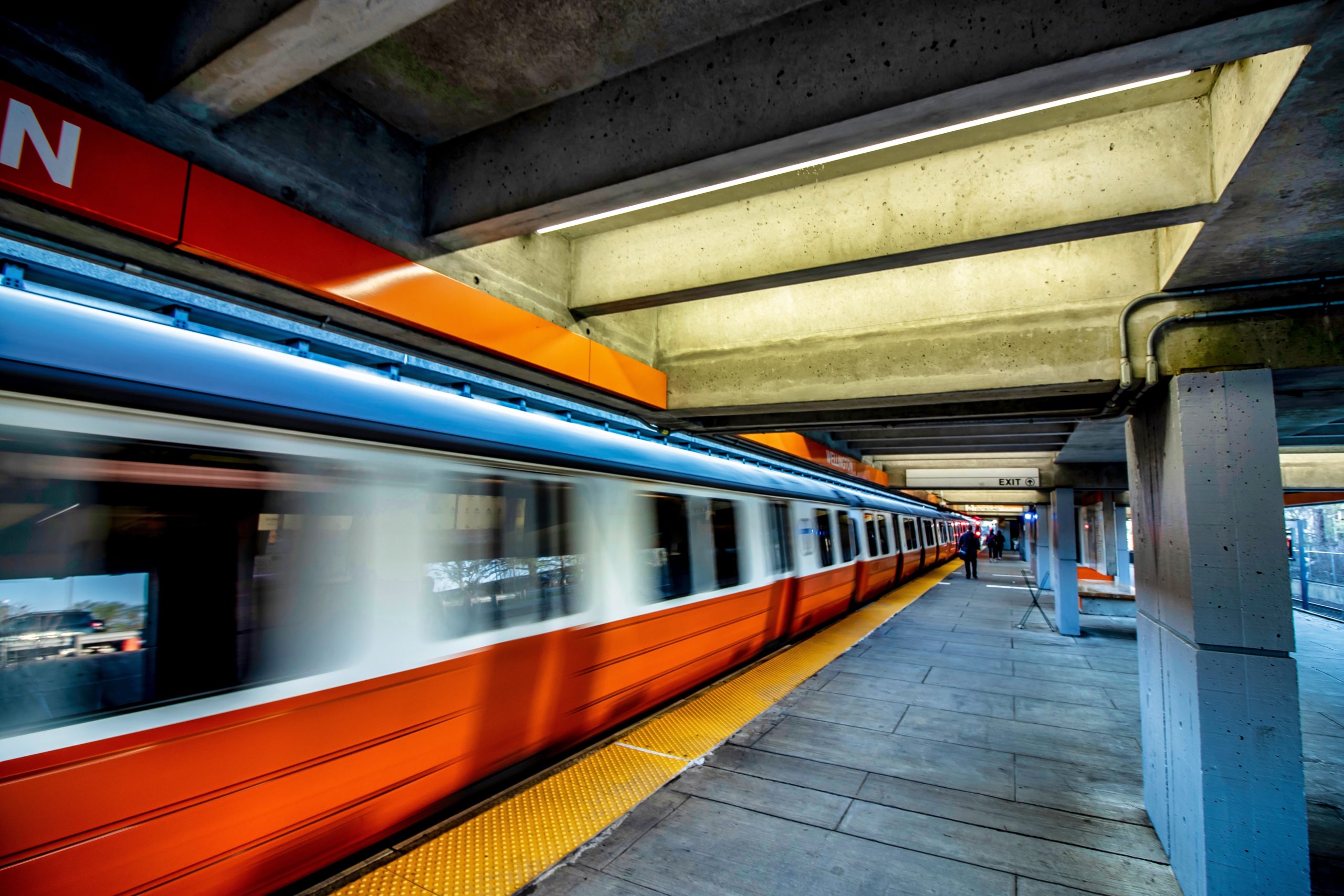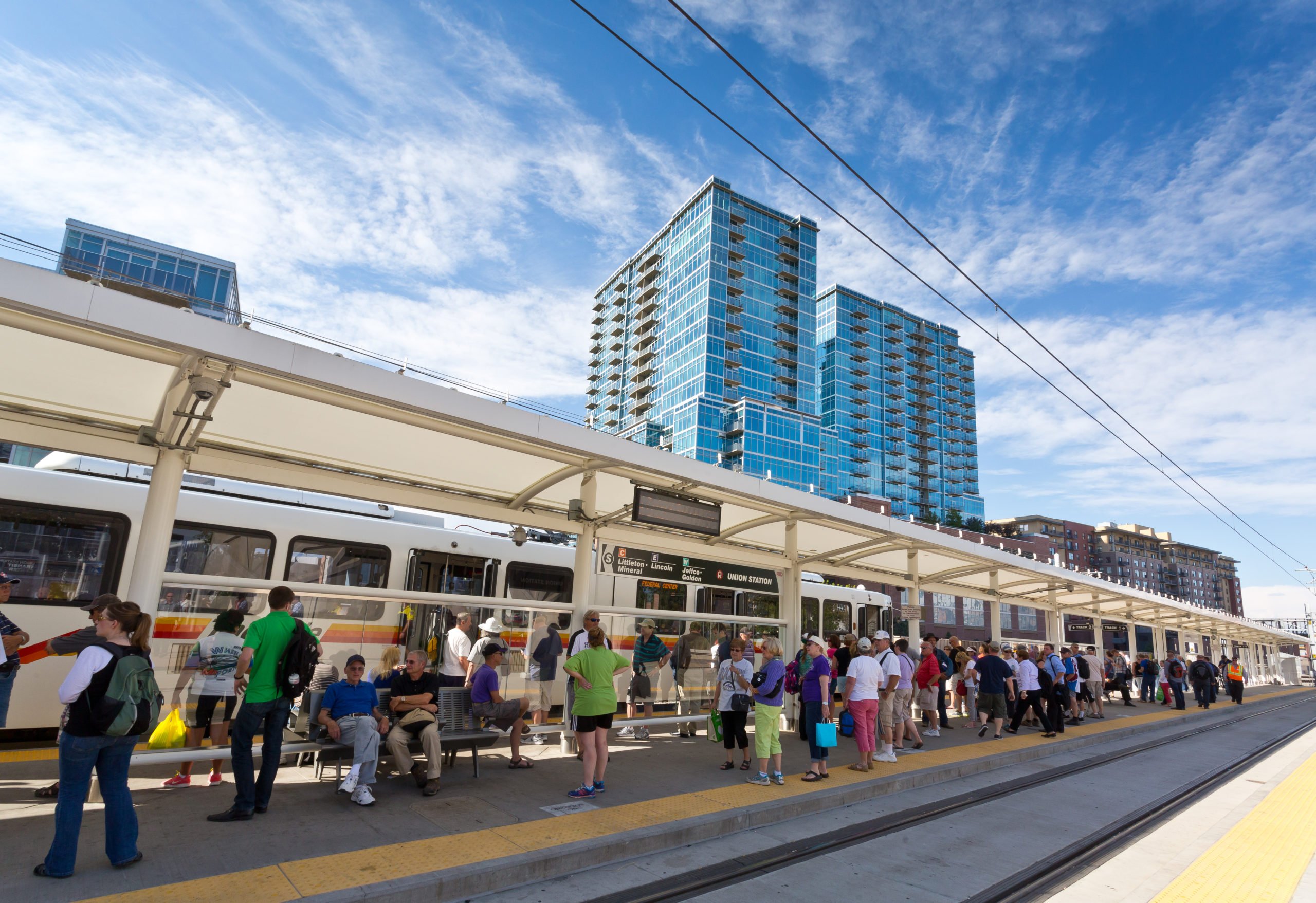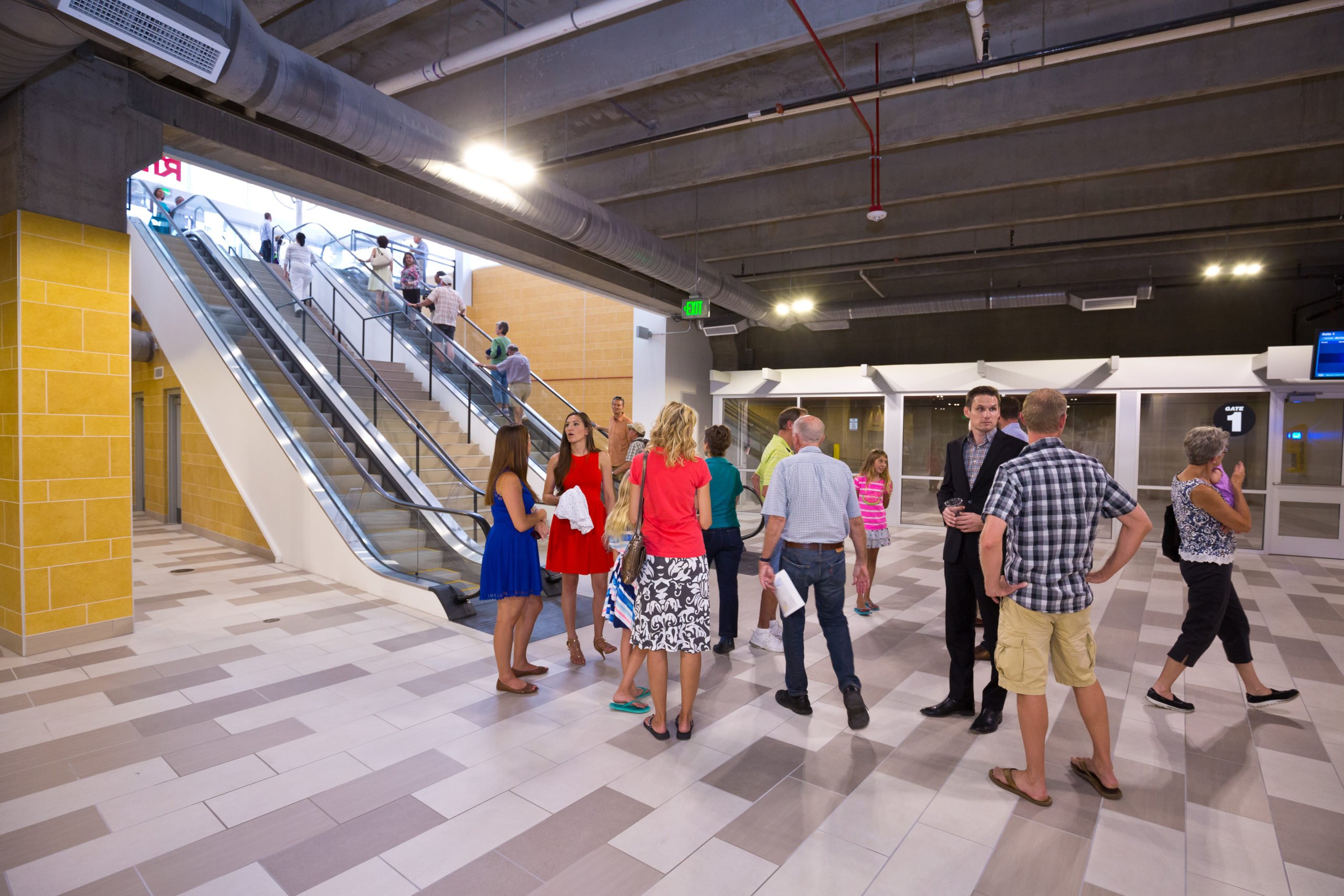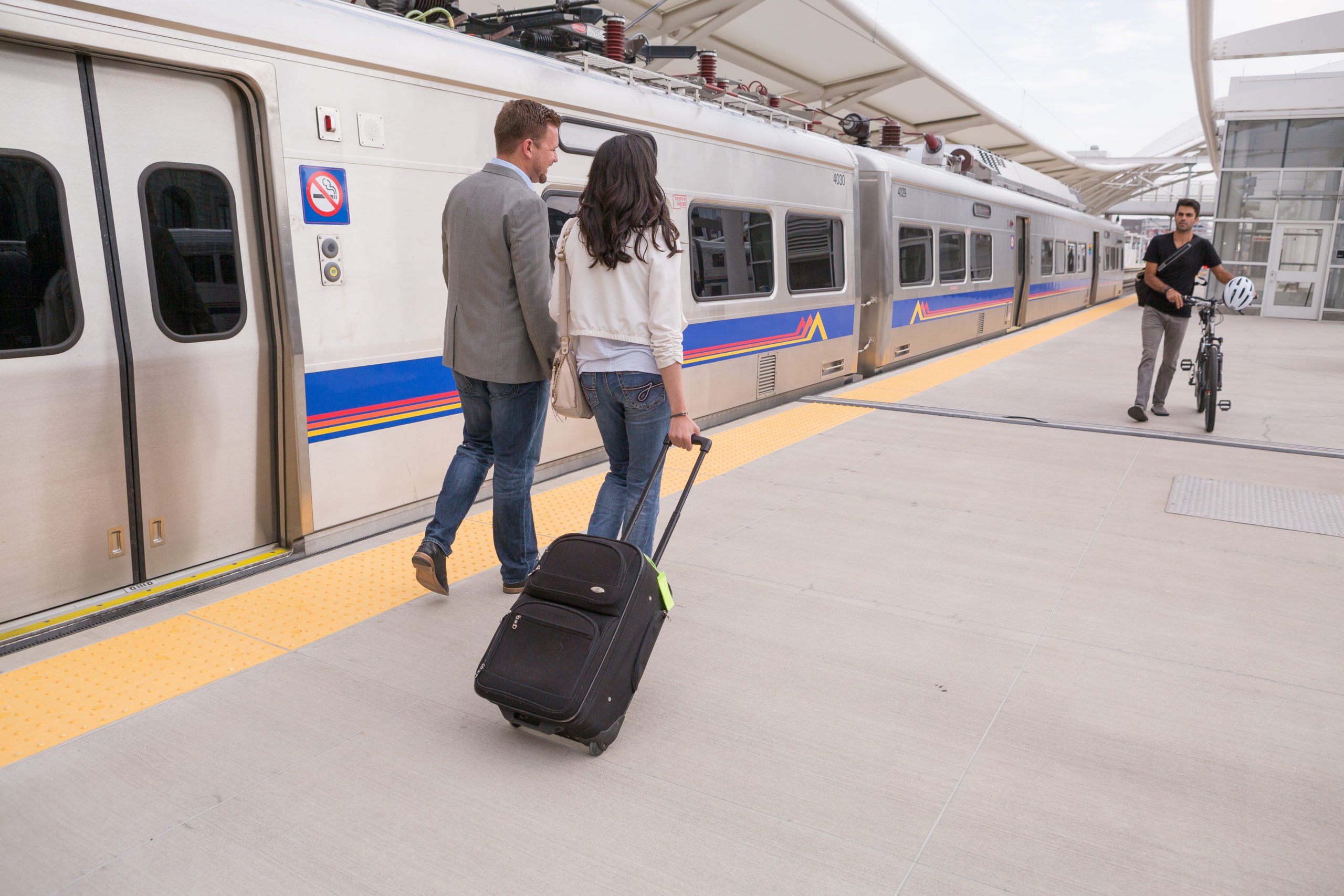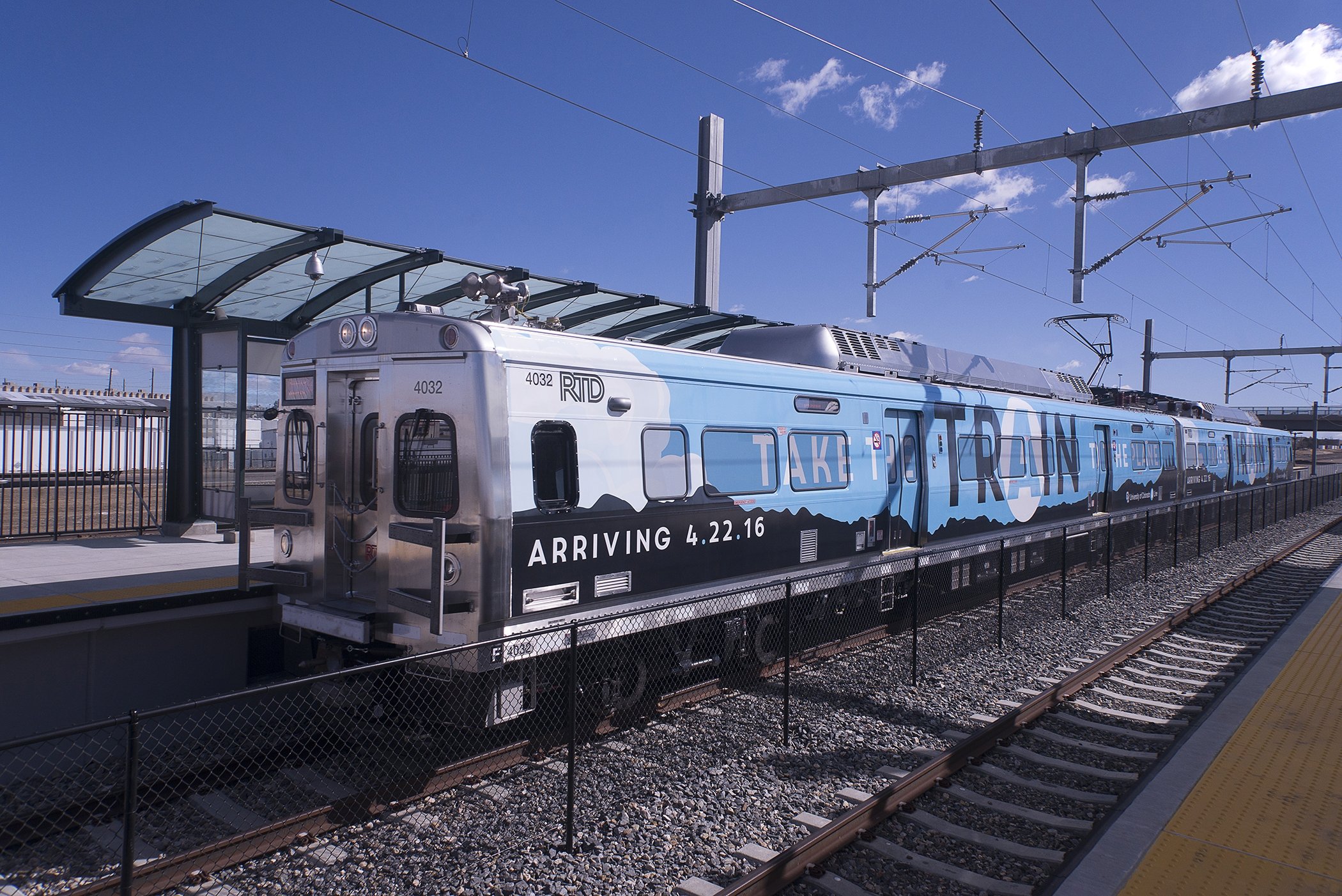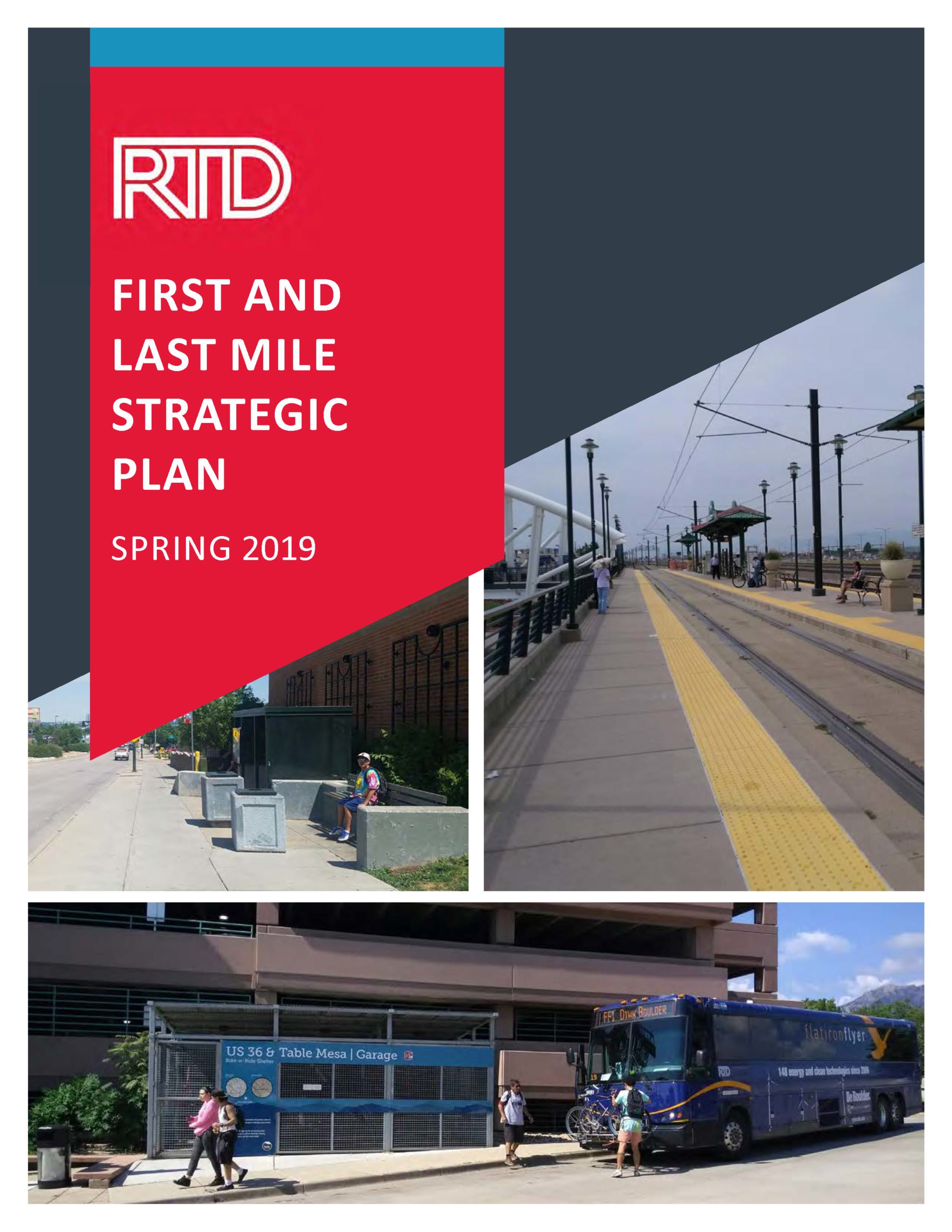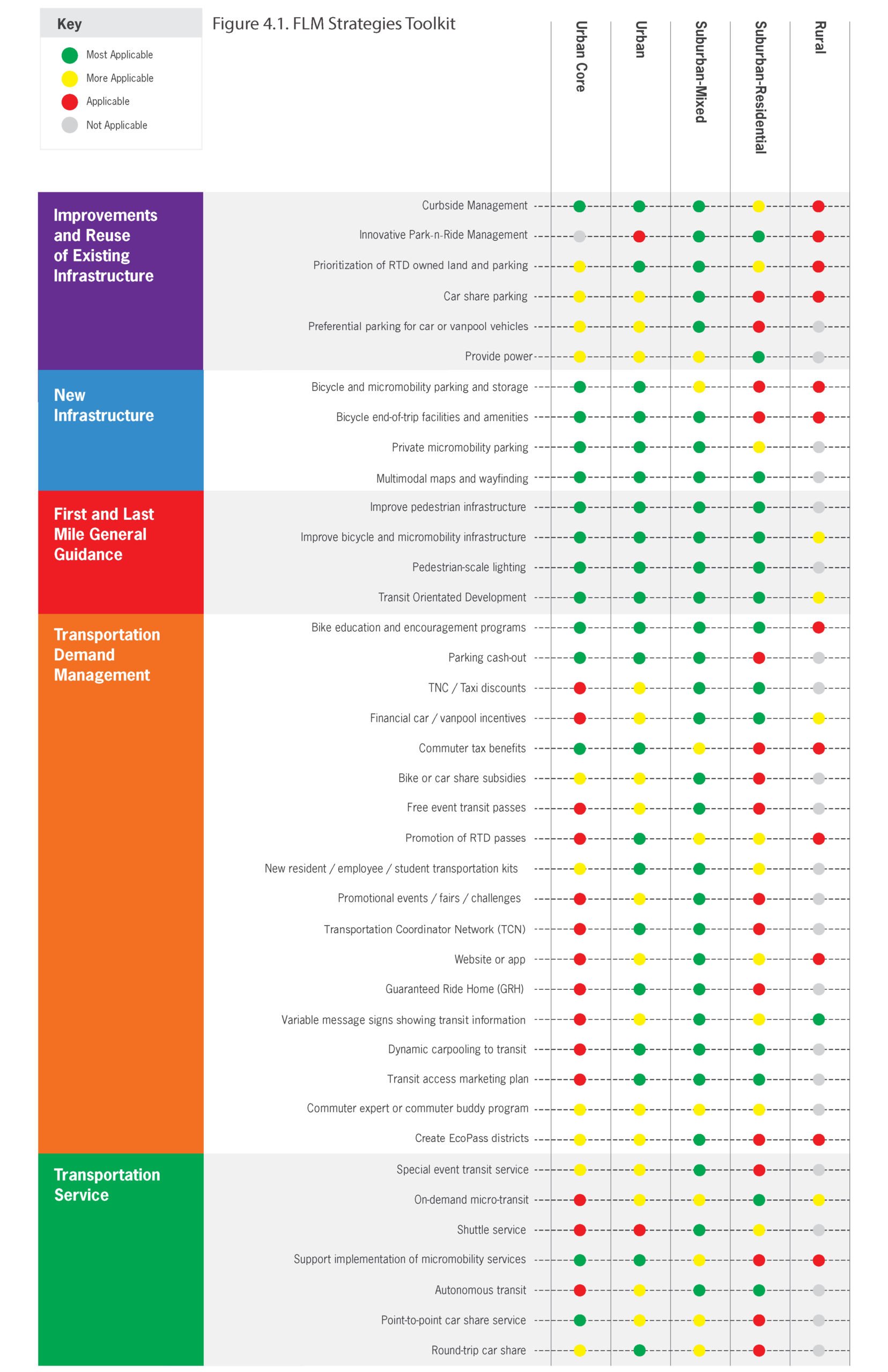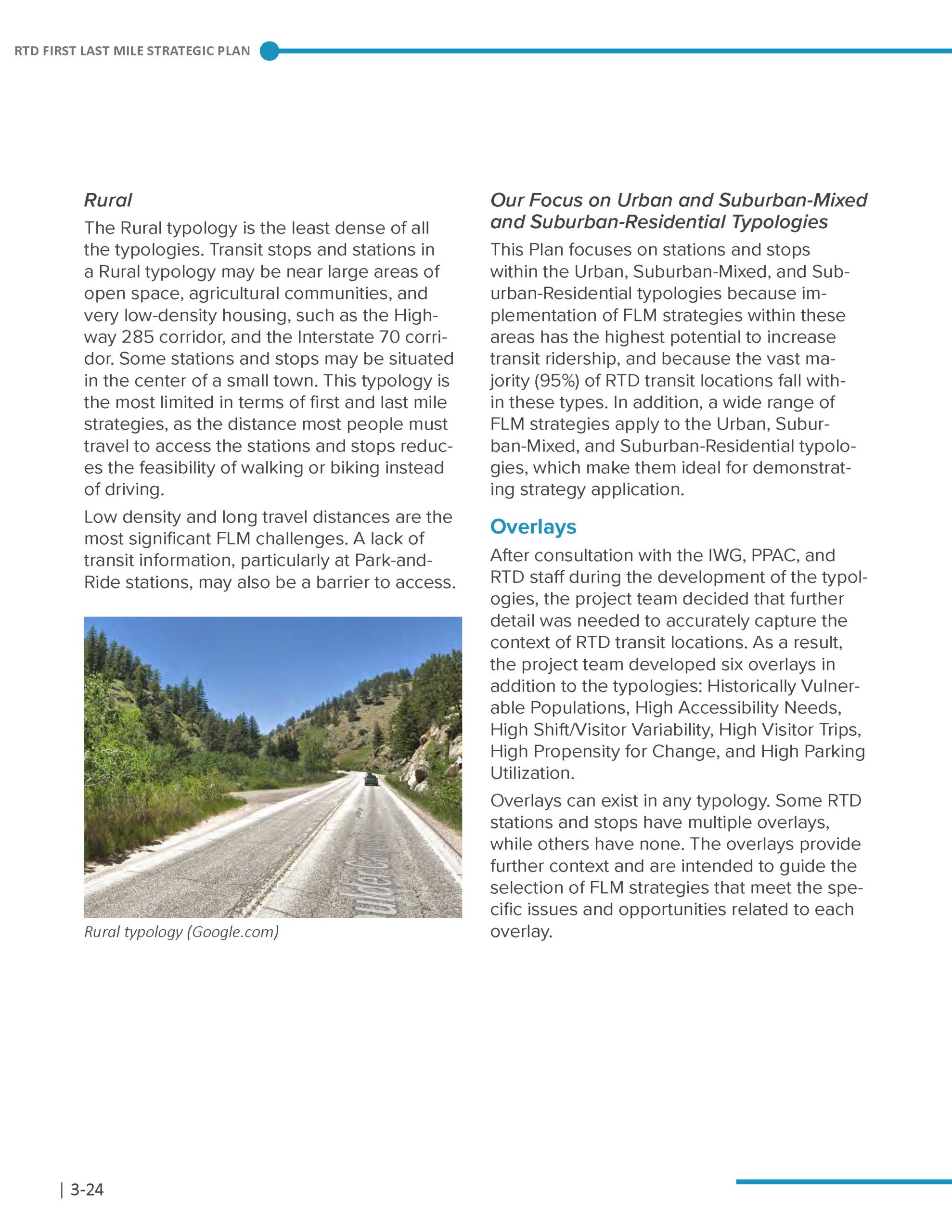MassRIDES Program Support
Massachusetts
MassRIDES hired UrbanTrans to build a model that predicts increases in transit ridership that would result from subsidizing TNC rides between commuters’ homes and nearby commuter rail stations in the Boston region.
UrbanTrans’ role in the MassRIDES Program Support project was three-fold:
Program Evaluation
UrbanTrans conducted an analysis of three evaluation methodologies in order to improve how program impacts are determined. Prior to our support, estimates of impacts on travel behavior and environmental quality primarily came from data collected through a state-wide ridematching and trip tracking tool. UrbanTrans analyzed the data collected through the tool and the methodology used to determine program impacts and provided recommendations to improve the analysis methodology. Our work included modeling program impacts using TRIMMS and conducting a survey of program participants. The survey data were used to build a statistical model to estimate program impacts that accounted for participant race, income, and work location. In addition, an analysis was conducted to determine what effect suburban versus urban locations had on program results.TDM Toolkits
UrbanTrans assisted MassRIDES with the development of Transportation Demand Management (TDM) toolkits that are being used to educate employers and developers on the benefits of TDM programs. The toolkits are designed to assist developers and employers with the selection of TDM strategies that are applicable to their worksite or development that will result in measurable reductions in vehicle travel. Based on the success of the toolkits, UrbanTrans was asked to update them to cover a broader selection of employers and locations throughout the state.TNC as a first mile solution
MassRIDES hired UrbanTrans to build a model that predicts increases in transit ridership that would result from subsidizing Transportation Network Company (TNC) rides between commuters’ homes and nearby commuter rail stations in the Boston region. The model controls for factors such as parking cost and availability, station access time and mode, differences in rail travel time versus vehicle travel time, vehicle trip cost savings, transit fares, and parking fees at transit stations and near work locations. It was used to evaluate stations throughout the Boston region and identify the top ten stations where TNC subsidies will yield the largest increases in transit ridership while requiring minimal net costs after accounting for new transit fare revenue.



